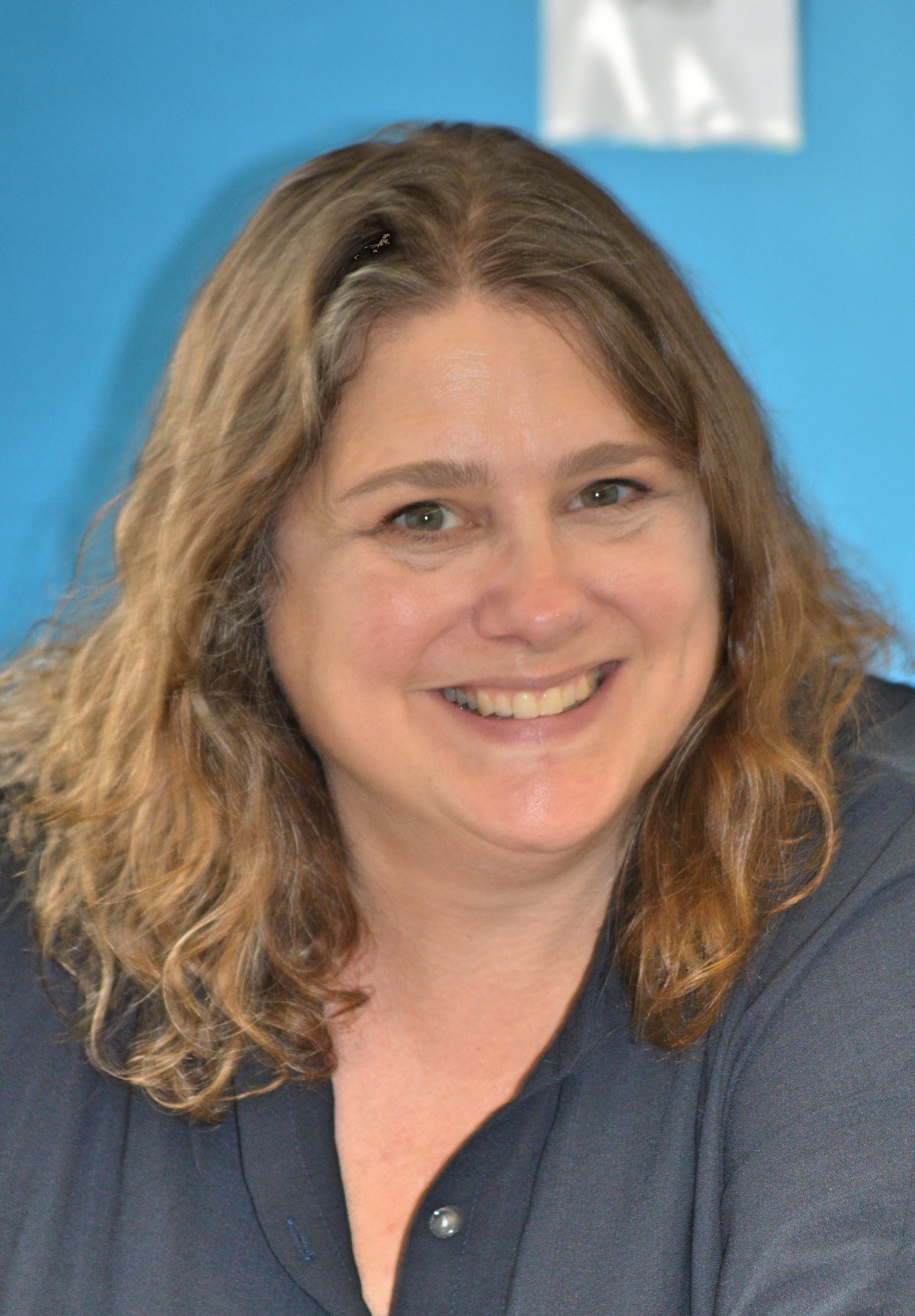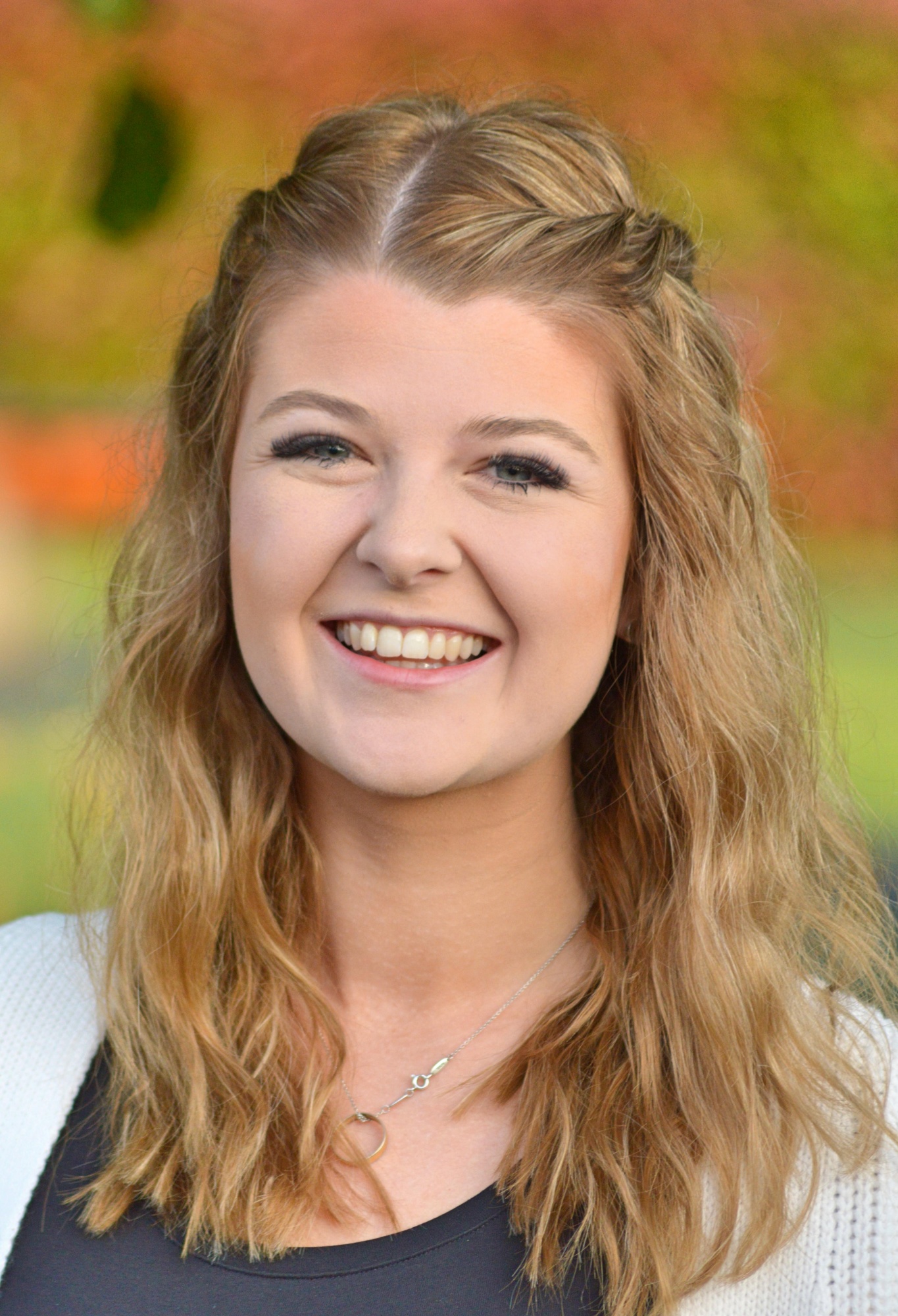- Home
- Our INSPIRE Curriculum
- Subject Information
- P.S.H.E. (Personal, Social, Health and Economic Education)
P.S.H.E. (Personal, Social, Health and Economic Education)

Mrs Hull and Mrs Gilkes lead PSHE (Personal, Social, Health and Economic Education) at Katherine Semar.

Intent
|
Anne Longfield, Children’s Commissioner for England (November 2017), says ‘I think schools understand that high wellbeing means high attainment too. They do not see these as competing agendas necessarily. They can see that they are linked.’ At Katherine Semar, we fully support this vision and believe PSHE to be an important, and compulsory, part of the curriculum. To promote a healthy mind and body Mental health is taught alongside physical health in our health education component of PSHE. We give our children a frame in which they can build themselves a healthy lifestyle both online and offline. We have a mindful approach to PSHE with an emphasis on emotional literacy, mental health, SMSC and spiritual development. Throughout the teaching and learning, mindfulness philosophy and practice is woven. We equip children for life, help them to know and value who they are, and how they relate to other people in this ever-changing world. Another principal part of our PSHE explores a number of different forms of relationships in line with the 2010 equality act. High expectations Inclusivity is at the heart of the teaching and learning, with outcomes presented in a creative way allowing for all children to work to their full potential, and all outcomes to be celebrated. We have whole school assemblies to promote the beginning of each new chapter, drawing links to our school values. All year group explore each topic of learning alongside each other allowing whole school learning themes. This is emphasised through weekly achievement assemblies that are themed around the week’s PSHE learning. Ranging from Early Years to Year 6, throughout the teaching sequences, a wide variety of children’s books are referred to and explored to support the learning outcomes. Through reflection upon Early Years baselines, specifically that there were no children achieving greater depth in Managing Feelings and Behaviour, we have introduced Zones of Regulation school wide as a tool for children to reflect on their emotions and provide tools for them to self-regulate. We link our PSHE provision to Religious Education and other subjects so it complements the whole school curriculum.
|
